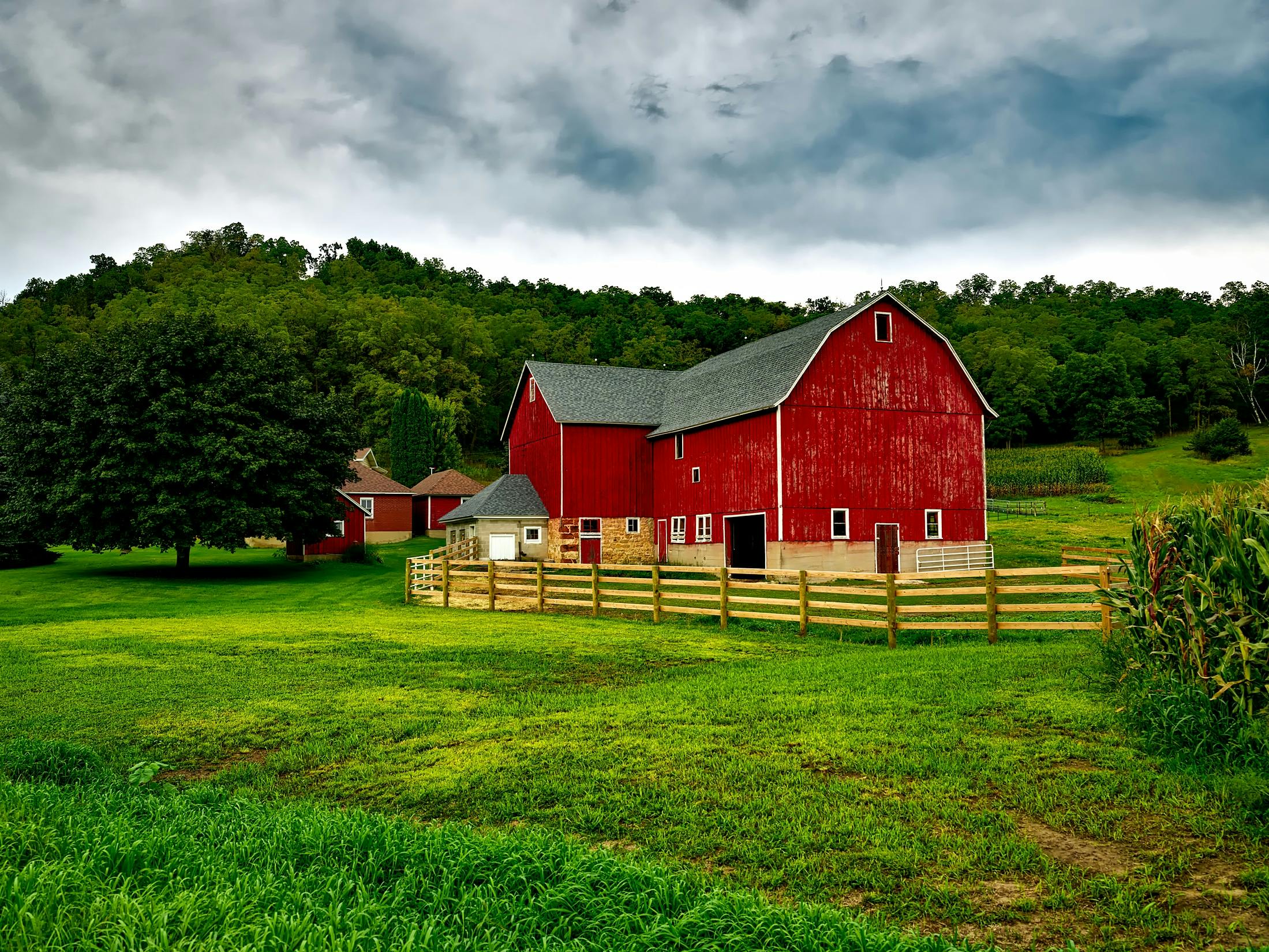Selling Your Rural Property: A Comprehensive Guide
Finding the right buyer for your rural property can be a rewarding experience. Whether you're selling a quaint countryside cottage or a sprawling farm, understanding the unique aspects of rural real estate can help you navigate the selling process more effectively. This guide will walk you through the essential steps and considerations when putting your rural house on the market.

When selling a rural property, it’s crucial to highlight these distinctive features. Emphasize the natural beauty of the surroundings, the potential for self-sufficiency, and the peace and privacy that come with country living. These aspects can be major selling points for those seeking an escape from city life or looking to pursue a more sustainable lifestyle.
How do you determine the value of a rural home?
Valuing a rural property can be more challenging than assessing urban real estate. Traditional comparable sales methods may be less effective due to the unique nature of each rural property. Instead, consider the following factors when determining your home’s value:
-
Land value: The acreage and quality of the land often play a significant role in rural property prices.
-
Water sources: Access to wells, streams, or ponds can increase property value.
-
Outbuildings: Barns, sheds, and other structures can add substantial value, especially for buyers interested in farming or ranching.
-
Mineral rights: In some areas, the potential for mineral extraction can impact property value.
-
Proximity to amenities: While rural properties are often valued for their seclusion, reasonable access to towns, schools, and hospitals can be attractive to buyers.
Consider hiring an appraiser with experience in rural properties to get an accurate valuation. Their expertise can help you set a competitive price that reflects your property’s true worth.
What improvements can increase rural property value?
Before listing your rural home, consider making improvements that can boost its appeal and value. Some effective upgrades include:
-
Enhancing curb appeal: Well-maintained landscaping, a fresh coat of paint, and a tidy entrance can make a strong first impression.
-
Updating essential systems: Ensure that septic systems, wells, and electrical systems are in good working order.
-
Improving access: A well-maintained driveway or private road can be a significant selling point for rural properties.
-
Adding or upgrading fencing: Quality fencing can be valuable for both livestock and privacy.
-
Highlighting unique features: Showcase any special attributes like scenic views, productive gardens, or recreational areas.
Remember that the return on investment for improvements can vary, so focus on changes that will have the most significant impact on your property’s marketability.
How do you market a rural property effectively?
Marketing a rural property requires a different approach compared to urban or suburban homes. Here are some strategies to effectively showcase your rural property:
-
Professional photography: High-quality images that capture the beauty of the land and surrounding area are essential.
-
Aerial footage: Drone photography or video can provide potential buyers with a comprehensive view of the property’s layout and features.
-
Detailed property description: Highlight unique aspects like water sources, soil quality, and potential land uses.
-
Target marketing: Advertise in publications or websites that cater to outdoor enthusiasts, farmers, or those interested in rural living.
-
Virtual tours: Offer virtual walk-throughs to accommodate buyers who may be located far from the property.
Partnering with a real estate agent who specializes in rural properties can also be beneficial. They’ll have experience marketing similar homes and access to networks of potential buyers interested in country living.
What legal considerations are unique to rural property sales?
Selling a rural property often involves legal considerations that may not apply to urban real estate transactions. Be prepared to address the following:
-
Zoning and land use regulations: Ensure that your property complies with local zoning laws and that potential buyers are aware of any restrictions on land use.
-
Easements and right-of-ways: Disclose any existing easements that may affect the property, such as utility or access easements.
-
Water rights: In some areas, water rights are separate from land ownership and may need to be transferred separately.
-
Environmental regulations: Be aware of any environmental protections or restrictions that may apply to the property, especially if it includes wetlands or protected habitats.
-
Mineral rights: Clarify whether mineral rights are included in the sale, as they can be valuable in certain regions.
Working with a real estate attorney familiar with rural property transactions can help ensure that all legal aspects of the sale are properly handled.
How can you prepare for a smooth closing process?
To facilitate a smooth closing process when selling your rural property, consider these steps:
-
Gather all relevant documents: This includes property surveys, well and septic records, and any easement agreements.
-
Address any title issues: Resolve any potential title problems, such as boundary disputes or liens, before listing the property.
-
Be prepared for additional inspections: Rural properties may require specialized inspections for wells, septic systems, or soil quality.
-
Understand financing challenges: Some buyers may face difficulties obtaining mortgages for rural properties, so be prepared for potential delays or alternative financing options.
-
Plan for a longer selling process: Rural properties often take longer to sell than urban homes, so patience and flexibility are key.
By being proactive and well-prepared, you can help ensure a successful sale of your rural property. Remember that each rural property is unique, and showcasing its distinctive features can attract the right buyer who will appreciate all that country living has to offer.






